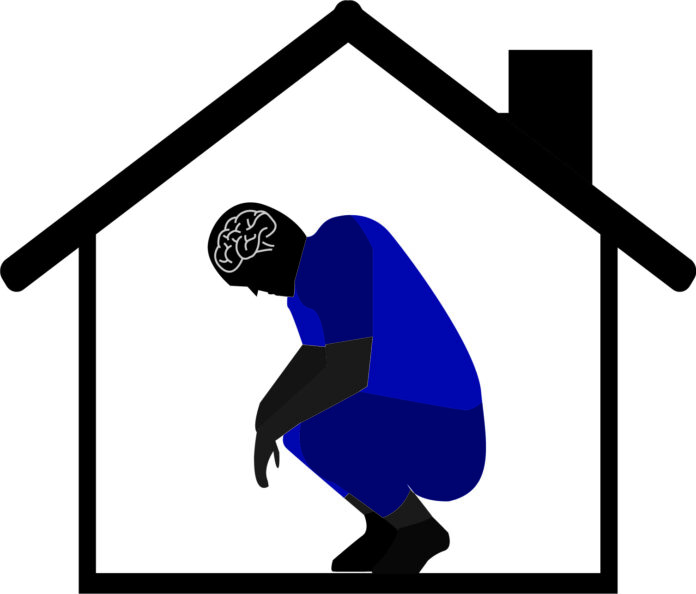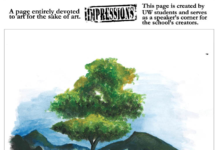Another thing to adjust during social distancing and lockdowns were hobbies and sports. The only option was to stick to safer hobbies. Baking and crafting enthusiasts thrived while athletes dealt with the loss of their sport. But why does sports matter so much to athletes?
As the Head Coach of Men’s Hockey for 17 years and Associate Director of Athletics at the University of Waterloo, Brian Bourque says, these activities bring a semblance of routine. These are activities that people look forward to, choose to do. Athletes are used to doing this from such a young age, that it’s something they rely upon. It is who they are as people. Taking it away raises the risk of affecting them over time.
Which is exactly what the pandemic did.
Why not just switch over to individual sports?
“Most of the individual sports athletes, if not all of them, still feel they are part of a team. Sure, the competition side may only include their name when determining success. But they always talk of training as a team and being part of a team.
I don’t think there’s a big difference between individual sport and team sport athletes.
Because when it comes to the training, individual sport players are training with that team mindset. They really count on the connections and friendships they build when they train,” Bourque explains.
Then is there any way to restore to playing team sports safely then?
“It is being restored when it comes to minor sports, the kid’s sports. Traditional sports like hockey, soccer, and baseball are slowly starting. They are only allowing modified playing within the public health units.
In terms of competitions, Waterloo would play with Kitchener and Cambridge teams. But not teams in Windsor, London, and Mississauga. They are out of the bubble, too far from Waterloo.
But completely bringing back sports is still a question out there.
I can’t imagine us playing a modified league. Guelph, Waterloo, and Laurier playing each other is too far from a league play. There might be some ability to do some exhibitions, that allows some a bit of competition within a public health unit.
But restoring a season like last year… it’s still a big question.
Is there any chance to play again after Christmas? I’d love to know the answer.”
So then how can athletes cope with the loss of their sport?
“Stay in touch with each other.
Many of our athletes on campus are back training in some capacity, which is pretty well modified, but it still allows some interaction.
Try to participate whenever they can. By looking at some other opportunities that are physical to be involved. It could be tennis or some other sport than theirs. It should allow them to be active. I think one of the things that’s missed, is the routine to be physically active.
In this time of year with hockey, we would be training six days a week, having games in the weekends. Now, we are doing some modified training. But if we took that all away, it would be the loss of their sport and the loss of exercise. So, stay engaged with teammates, participate whenever, and engage with other sports that the public health allows,” Bourque advices.
As a coach yourself, what are your thoughts?
“All coaches can say this. Athletes have been so excited just to get back, even in modified forms. Showing up 15 minutes early and ready in 10 minutes. The excitement and energy are really fun to be part of,” Bourque concludes.






























